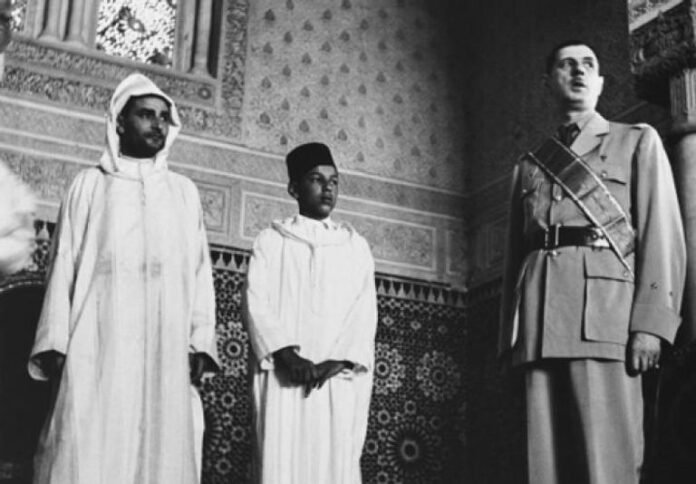In the midst of current political events, understanding the historical relationships between countries and their impact on the present situation is crucial. Recent statements on BFMTV highlight the complexities of the historical ties between Morocco and Algeria, particularly regarding the Eastern Sahara.
When France granted independence to Algeria in 1962, this decision was described as a “gift” concerning the lands, as evidenced by maps illustrating the contested borders.
French political elite speaks: The historical context behind the dispute over Moroccan Sahara, especially the Eastern Sahara that was handed over to Algeria. pic.twitter.com/W9ao5k4FFY
— Diplomatique.ma الدبلوماسية (@diplomatique_ma) October 30, 2024
These declarations open the floor for discussions about colonial pasts and their profound impact on the present, prompting us to question: how have these events shaped the course of relations between the two neighbors, and what are the ongoing repercussions of these decisions today?
These facts contradict other narratives, necessitating further examination of how history influences national identity and contemporary policies in the region. Historically, General Charles de Gaulle emphasized the significance of the Eastern Sahara, inviting Sultan Mohammed V, the grandfather of the current king Mohammed VI, to discuss the restitution of this region. However, the Sultan declined this mediation, asserting the need for direct dialogue with French officials. This refusal reflects Morocco’s historical right to reclaim its lands and underscores its steadfast position in defending its national interests.
Over the years, the issue of Moroccan Sahara has emerged as one of the sensitive topics affecting relations between the two countries. Despite Morocco’s assistance to the Algerians during their struggle for independence, Algeria has not always shown gratitude for this support. This raises the question: how can the two countries work together in the future amidst this complex history and ongoing tensions?
Furthermore, the Sand War in 1963 marks a turning point in Morocco-Algeria relations, where armed conflicts erupted due to border disputes. Some analysts have noted that the current situation could pave the way for further discussions on these tensions, especially in light of the current political changes in the region. Will this lead to a reexamination of Moroccan-Algerian relations, or will tensions remain high?
Macron’s recent statements may reflect a choice aligned with this complex history, raising new questions about the future of partnership and cooperation between Morocco and France in the context of these issues.



